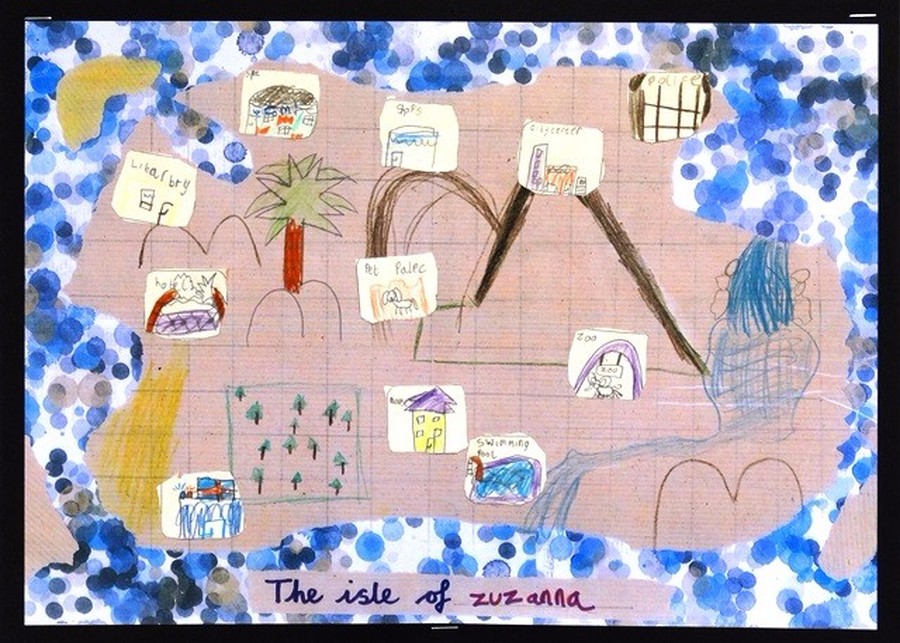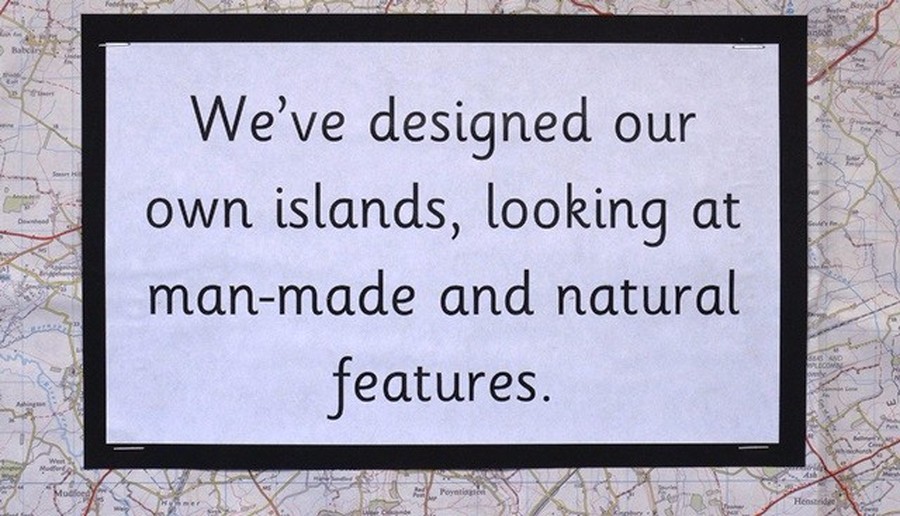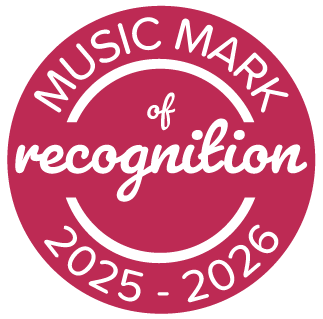Geography
Statement of Intent
 Our aim is to encourage children to be curious and to ask deep questions in their learning. We want children to feel inspired about the world around them and the people in it, as well as develop an understanding of their own place in the world.
Our aim is to encourage children to be curious and to ask deep questions in their learning. We want children to feel inspired about the world around them and the people in it, as well as develop an understanding of their own place in the world.
Geography at Horfield teaches an understanding of people, places and environments, inspiring a curiosity in our pupils about our ever changing world. Through their work in geography, children learn about their local area, and compare their life with that in other regions in the United Kingdom and in the rest of the world. They learn how to draw and interpret maps and they develop the skills of research, investigation, analysis and problem-solving.
At Horfield we follow the Kapow Primary’s Geography scheme of work and we aim to inspire pupils to become curious and explorative thinkers with a diverse knowledge of the world; in other words, to think like a
geographer. We want pupils to develop the confidence to question and observe places, measure and
record necessary data in various ways, and analyse and present their findings. Through the scheme
of work, we aim to build an awareness of how Geography shapes our lives at multiple scales and over
time. We hope to encourage pupils to become resourceful, active citizens who will have the skills to
contribute to and improve the world around them.
Through our Geography curriculum we encourage:
• A strong focus on developing both geographical skills and knowledge.
• Critical thinking, with the ability to ask perceptive questions and explain and analyse evidence.
• The development of fieldwork skills across each year group.
• A deep interest and knowledge of pupils’ locality and how it differs from other areas of the world.
• A growing understanding of geographical concepts, terms and vocabulary.


Implementation
The National curriculum organises the Geography attainment targets under four subheadings or
strands:
• Locational knowledge
• Place knowledge
• Human and physical geography
• Geographical skills and fieldwork
Our Geography scheme has a clear progression of skills and knowledge within these four strands across each year group. The progression of skills and knowledge documents (available on request) show the skills taught within each year group and how these develop to ensure that attainment targets are securely met by
the end of each key stage.
The Kapow Primary scheme is a spiral curriculum, with essential knowledge and skills revisited with increasing complexity, allowing pupils to revise and build on their previous learning. Locational knowledge, in particular, will be reviewed in each unit to coincide with our belief that this will consolidate children’s understanding of key concepts, such as scale and place, in Geography.
The two EYFS units provide a solid foundation of geographical skills, knowledge and enquiry for
children to transition successfully onto Key stage 1 Geography learning, whilst also working towards
the Development matters statements and Early Learning Goals. These units consist of a mixture of
adult-led and child-initiated activities which can be selected by the teacher to fit in with Reception
class themes or topics.
Cross-curricular links are included throughout each unit, allowing children to make connections and
apply their Geography skills to other areas of learning. Enquiry questions form the basis for our
Key stage 1 and 2 units, meaning that pupils gain a solid understanding of geographical knowledge
and skills by applying them to answer enquiry questions. Questions are designed to be open-ended with no preconceived answers and therefore are genuinely purposeful and engage pupils in generating a real change. In attempting to answer them, children learn how to collect, interpret and represent data using geographical methodologies and make informed decisions by applying their geographical knowledge.
Each unit contains elements of geographical skills and fieldwork to ensure that fieldwork skills are practised as often as possible. Kapow Primary units follow an enquiry cycle that maps out the fieldwork process of question, observe, measure, record, and present, to reflect the elements mentioned in the National curriculum. This ensures children will learn how to decide on an area of enquiry, plan to measure data using a range of methods, capture the data and present it to a range of appropriate stakeholders in various formats.
Fieldwork includes smaller opportunities on the school grounds to larger-scale visits to investigate physical and human features. Developing fieldwork skills within the school environment and revisiting them in multiple units enables pupils to consolidate their understanding of various methods. Developing opportunities for teaching fieldwork is a particular focus for development this year.
Lessons incorporate various teaching strategies from independent tasks to paired and group work, including practical hands-on, computer-based and collaborative tasks. This variety means that lessons are engaging and appeal to those with a variety of learning styles.
The Kapow Geography scheme of work is a copyrighted resource so we are unable to publish this on our website, however if you would like more information about our Geography curriculum please ask at the office.









